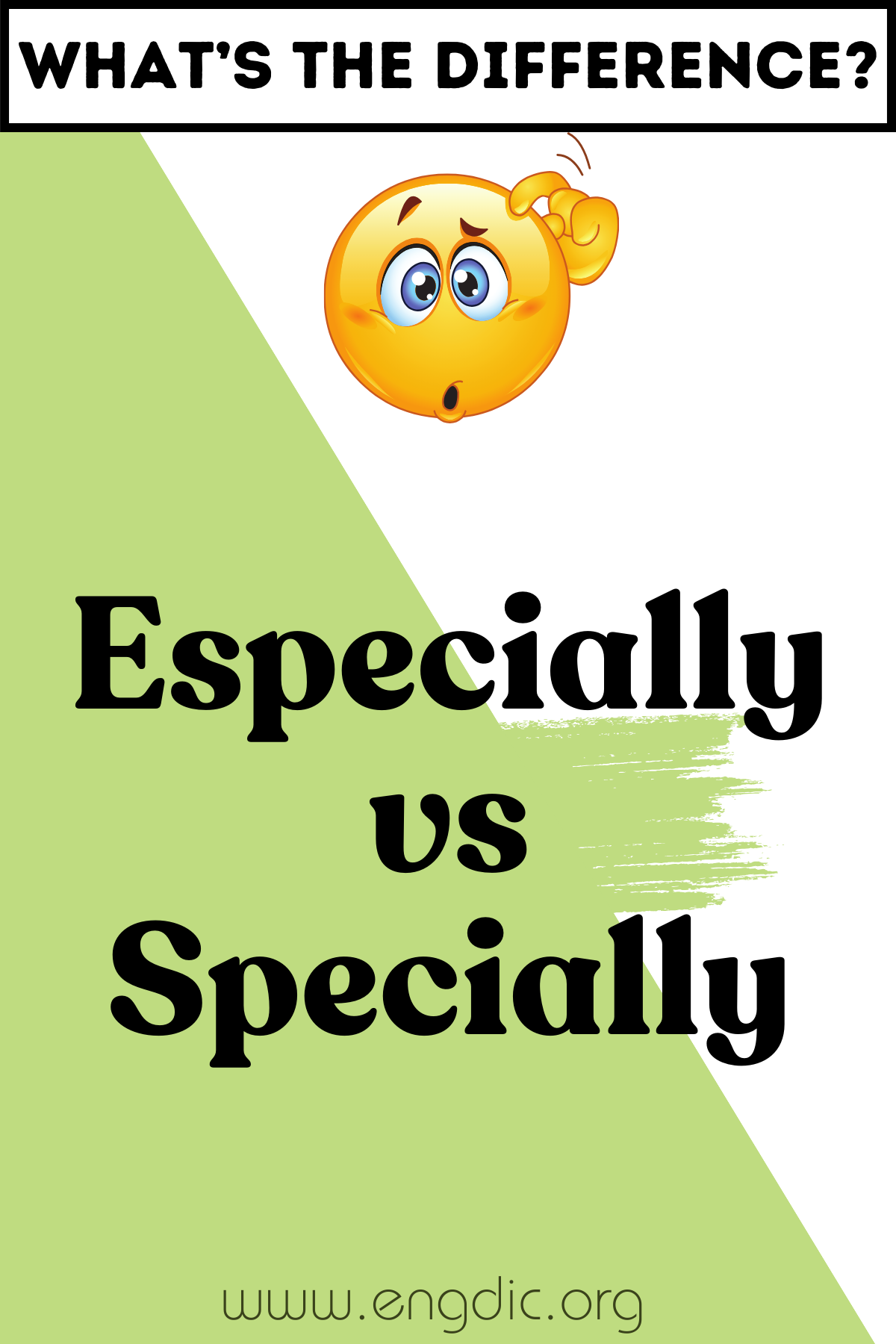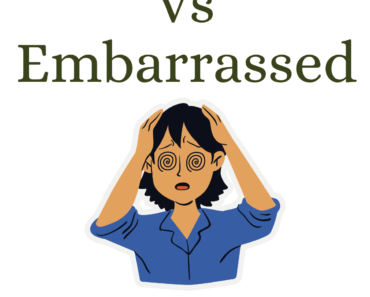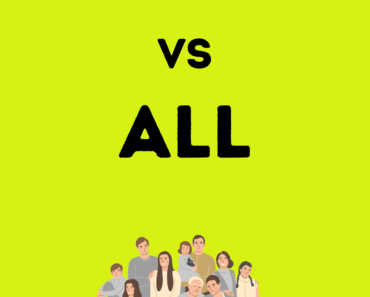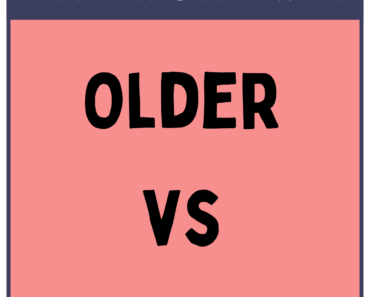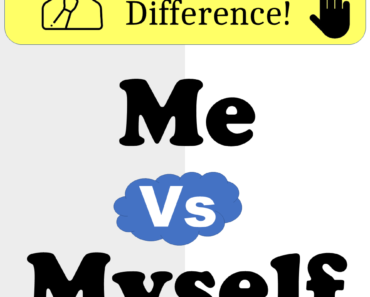“Especially” and “specially” are often used interchangeably, but they have distinct meanings.
- “Especially” emphasizes importance or particularity, often implying something is significant or stands out.
- “Specially” focuses on a specific purpose or intention, usually involving a custom or unique adaptation.
Understanding the subtle difference helps in choosing the right word based on context, whether highlighting the uniqueness of a person or situation or emphasizing the purpose behind an action.
Especially
Definition: “Especially” is an adverb used to single out one person or thing above all others or to highlight something that stands out.
Usage: It emphasizes the importance or distinction of something in particular.
Examples:
- “I love all fruits, especially mangoes.” (Highlights preference)
- “She was especially careful while driving.” (Emphasizes caution)
- “This book is especially useful for beginners.” (Signifies utility)
Specially
Definition: “Specially” is an adverb that describes doing something for a specific purpose or in a particular way.
Usage: It refers to actions done for a special or specific reason.
Examples:
- “This coat was specially designed for winter.” (Highlights design purpose)
- “He cooked this dish specially for her birthday.” (Signifies intention)
- “The company offers specially tailored services for small businesses.” (Emphasizes customization)
